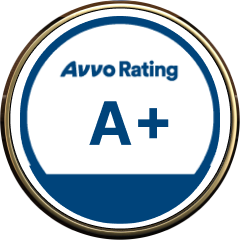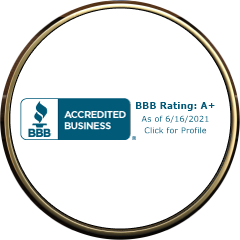This second blog in our Small Business Series addresses tax treatment options for small business entities. Small businesses have a variety of tax treatment options. Which option a business owner chooses depends on a number of factors, including: the business owner’s financial situation, business goals, and expected revenue. As you read our blogs in this Small Business Series, please understand that the information we will be providing is for your informational purposes only and is not intended to provide legal, tax, or accounting advice. Every business and entrepreneur’s circumstances are unique. Please consult an attorney and accountant regarding your business’s specific issues and questions.
When looking at starting a new business, it is important to consider how the profits of your company will be taxed. Which business entity you choose will largely determine how your business profits are taxed. Below we discuss different ways your company’s profits can be taxed based upon the type of entity you choose for your business.
Pass-through Taxation
Pass-through taxation refers to the profits of a company being taxable on the owners’ personal tax returns. When the company makes a profit the company itself is not taxed, by the federal government, for those profits. Rather, those profits are considered income for the company’s owners. The owners then pay income tax on those profits in much the same way they would pay income tax if they worked for someone else and received a salary. Alternatively, if the business experiences a loss, that loss is passed to the business’s owners, who report the loss on their personal tax returns.
One difference between paying income tax when you are a small business owner with a pass-through entity and paying income tax on your income as an employee for someone else is how FICA taxes are paid. FICA taxes include Social Security and Medicare taxes. When you are employed by a business you pay 7.65% of your gross income for FICA taxes. Your employer also pays an amount equal to 7.65% of your gross income for FICA taxes. However, when you are self-employed you are required to pay the entire 15.3% of FICA taxes, the employer and employee’s portion. The end result means that 15.3% of your pass-through entity’s gross profit is used to pay FICA taxes. There are certain income level limits for FICA taxes that may affect you that you can discuss with your attorney and accountant.
Common entities which are pass-through entities include: sole proprietorships, partnerships, limited liability companies, and professional limited liability companies.
Corporate Taxation
Corporate taxation is exactly what it sounds like, taxation of corporations. Whereas, pass-through entities are taxed at the ownership level, corporations are taxed at the corporate level (the business) and the owner level.
When a corporation makes a profit, the entity is required to pay taxes on that profit. There are deductions that a corporation may take to reduce its taxable income, but ultimately the corporation will have to pay taxes on whatever amount of taxable income remains. At the time this blog was written, the U.S. tax rate for corporations was 21%. [i]
The shareholders of a corporation are also subject to federal income tax on any dividends they receive from the corporation. That income is taxed according to the shareholder’s individual income tax bracket.
Texas Franchise Taxes
In Texas, most business entities are subject to the Texas franchise tax system. Texas’s franchise tax system can seem complicated and determining a company’s Texas franchise tax liability requires a number of computations.
However, many small businesses fall under the “No Tax Due Threshold.” The No Tax Due Threshold provides that businesses which make less than $1,180,000, for tax years 2020 and 2021 [ii] , in annualized total revenue do not owe any franchise taxes. The No Tax Due Threshold provides relief from state franchise tax obligations for small businesses.
For those businesses that have annualized total revenue greater than the No Tax Due Threshold but less than $20 million the franchise tax rates range from 0.331% to 0.75%, for tax years 2020 and 2021. [iii] For those businesses facing state franchise taxes, there are deductions available to reduce taxable revenue. It is important that a business keeps accurate financial records and utilizes the expertise of a CPA familiar with the Texas franchise tax system.
This blog has provided a basic overview of how different entities are taxed at the federal and state level and the federal income tax implications for the owners of a pass-through entity or corporation. When you are looking at starting a business it is important to consider the tax implications of the type of entity you choose. Taking the time to talk to an attorney and accountant can help maximize your business’s profitability and protect you and your business from any legal repercussions that may arise if you are unprepared to pay the income taxes associated with your business.
Related Topics
Related Blogs
Small Business Start-Up 101: Choosing a Business Entity
[i] https://www.taxpolicycenter.org/briefing-book/how-does-corporate-income-tax-work#:~:text=The%20United%20States%20imposes%20a,from%209%20percent%20in%202017.
[ii] https://comptroller.texas.gov/taxes/franchise/
[iii] https://comptroller.texas.gov/taxes/franchise/
The post Small Business Startup 101: Tax Treatment appeared first on Estorga Law Firm, PLLC.












